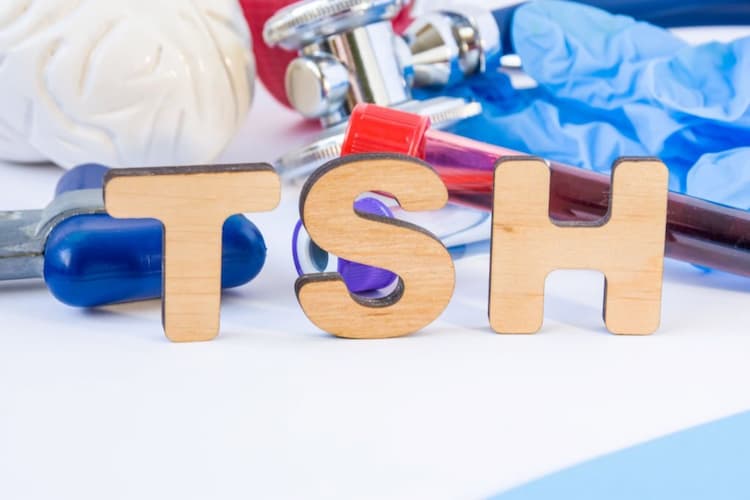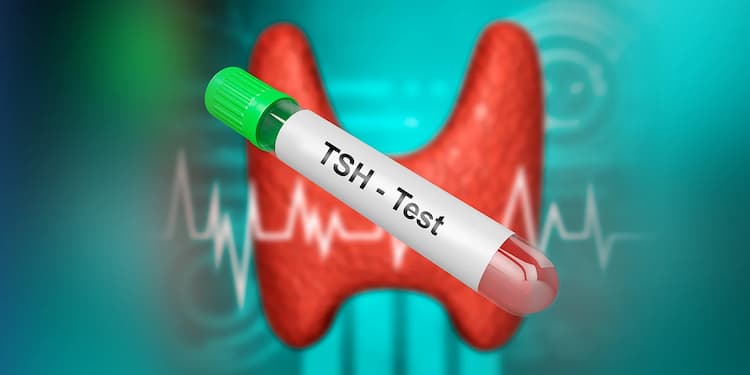Vitamin C Deficiency: What You Need to Know About Causes, Symptoms, and Treatment

Medically Reviewed By
Dr. Ragiinii Sharma
Written By Ritish Sharma
on Feb 15, 2023
Last Edit Made By Ritish Sharma
on Mar 17, 2024

Vitamin C is often referred to as the "miracle nutrient" for a good reason. It's a powerhouse of benefits that can keep you feeling your best, inside and out. But did you know that a lack of Vitamin C can lead to a deficiency that can significantly impact your health?
That's why we're here to help you understand everything you need to know about battling Vitamin C deficiency. In this blog, we'll explore the root causes of this deficiency, the warning signs to look out for, and the treatments available to help you get back on track.
We'll also share some unique tips and tricks for incorporating more Vitamin C into your diet in a fun and delicious way. So, whether you're looking to boost your immune system, improve your skin health, or simply learn more about this vital nutrient, you're in the right place.
What is Vitamin C?
Vitamin C, also known as ascorbic acid, is a friendly nutrient your body loves! It's a water-soluble vitamin that's essential for good health and happiness. You might have heard of Vitamin C for its ability to boost your immune system and protect you from getting sick, but did you know it also has a lot of other essential jobs in your body?
Vitamin C is key in producing collagen for healthy skin, bones, and connective tissues. It also acts as a superhero, defending your cells from damage caused by those pesky free radicals. Vitamin C is found in a variety of foods, including:
- Citrus fruits
- Strawberries
- kiwi
- Bell peppers
- Broccoli
- Spinach
- Watermelon
- Blueberries
- Cranberries
- Cauliflower
If you're having trouble getting enough from your diet, vitamin C can also be taken in supplement form. While the body can't produce Vitamin C on its own, it's essential to get enough of this nutrient through diet or supplements to maintain good health.
However, despite its importance, many people suffer from Vitamin C deficiency.
What is Vitamin C Deficiency?
Vitamin C deficiency, also known as scurvy, is a condition that occurs when you don't get enough Vitamin C in your diet. Keeping in mind the significance of this friendly nutrition, getting enough Vitamin C through diet or supplements is essential to maintain good health.
When you don't get enough Vitamin C, your body can't produce enough collagen. Your body might feel a little tired and weak. In certain cases, the deficiency can lead to various other symptoms.
Vitamin C Deficiency Symptoms:
- Fatigue
- Weakness
- Muscle pain
- Joint and muscle aches
- Bleeding gums
- Easy Bruising
- Splitting hair
- Nosebleeds
- Problems fighting infections
- Tooth loss
- Weight loss
- Weakened immune system
Vitamin C deficiency can lead to scurvy, a rare but severe condition that causes skin bruising and bleeding. The vitamin c deficiency symptoms sound scary, but it's a common and treatable condition.
It just means your body isn't getting enough of the friendly Vitamin C needed to stay healthy. All you need is to be aware of the symptoms and talk to your healthcare provider. They'll help you figure out the best way to get the Vitamin C your body needs to feel happy and healthy again!
Common Causes of Vitamin C Deficiency
Vitamin C deficiency can happen to anyone, but there are a few common causes that you should be aware of; these include -
- Poor diet (a diet that is low in fruits and vegetables, which are rich sources of Vitamin C)
- Certain medical conditions (Crohn's disease, ulcerative colitis, and cystic fibrosis)
- Excessive smoking and alcohol consumption
- Prolonged stress
- Pregnancy & breastfeeding
- Surgery
How is Vitamin C Deficiency Diagnosed?
Physical exam: Your healthcare provider will conduct a friendly physical exam to look for signs of Vitamin C deficiency. This includes observing the health of your skin, checking for bruises, swelling, and bleeding gums, and assessing your overall health.
Vitamin C Ascorbic test: A simple blood test will be performed to measure your levels of Vitamin C in your blood. This is an essential step in determining whether you have a deficiency, and Redcliffe labs offers the most reliable Vitamin C Blood Test with doorstep sample collection.
Review of dietary habits and medical history: Your healthcare provider will ask about your dietary habits and review your medical history to identify any underlying conditions or factors that could be contributing to your deficiency.
By following these steps, you and your healthcare provider can work together to get a clear picture of your Vitamin C levels and take the necessary steps to ensure that your body is getting enough of this essential nutrient.
Treatment for Vitamin C Deficiency
Increased intake of Vitamin C
The primary treatment for Vitamin C deficiency is increasing your intake of this important nutrient, which can be done through dietary changes or by taking Vitamin C supplements.
Vitamin C-rich foods
Incorporating more Vitamin C into your diet is easier than you might think. Here are a few fun and delicious ways to get more Vitamin C in your diet:
- Start your day with a Vitamin C-rich smoothie. Blend citrus fruits, strawberries, and spinach for a delicious and nutritious start to your day.
- Add a twist to your salads by adding bell peppers, kiwi, and strawberries.
- Enjoy a bowl of Vitamin C-rich soup made with broccoli, bell peppers, and tomatoes.
- Snack on Vitamin C-rich fruits like oranges, grapefruits, and kiwis.
- Make a Vitamin C-rich stir-fry with bell peppers, broccoli, and spinach.
Vitamin C supplements
A Vitamin C supplement may be prescribed if dietary changes are not enough. The type and dosage of the supplement will depend on the severity of your deficiency and any other health conditions you may have.
The treatment for scurvy involves taking high doses of vitamin C daily and following a diet rich in vitamin C, providing 1 to 2 times the recommended daily amount.
It's essential to follow the treatment plan recommended by your healthcare provider and to have regular follow-up appointments to monitor your progress and make any necessary adjustments.
You can book a Vitamin C deficiency Test with Redcliffe Labs to know your Vitamin c levels. This will help you with early diagnosis of Vitamin C deficiency.
Stay Healthy with Vitamin C
In conclusion, having enough Vitamin C is crucial for good health. Keeping an eye out for any deficiency symptoms and getting a proper diagnostic test done with Redcliffe Labs on time will help you stay on top of your health.
Adding more Vitamin C-rich foods to your diet is a simple way to ensure you're getting the recommended daily amount. Don't hesitate to make this small change today; you'll be amazed by the difference it makes.
So, go ahead and enjoy all the benefits this essential nutrient has to offer!
![Gluten Allergy Test - Price, Purpose, & Result [2024]](/myhealth/_next/image/?url=https%3A%2F%2Fmyhealth-redcliffelabs.redcliffelabs.com%2Fmedia%2Fblogcard-images%2FNone%2Fe94dfe46-8720-40de-854a-deedae3143d1.webp&w=750&q=75)


